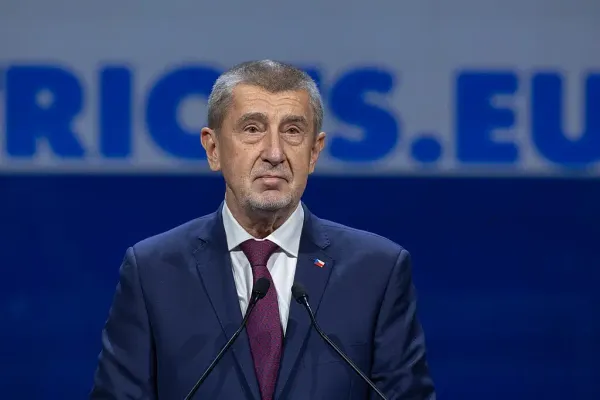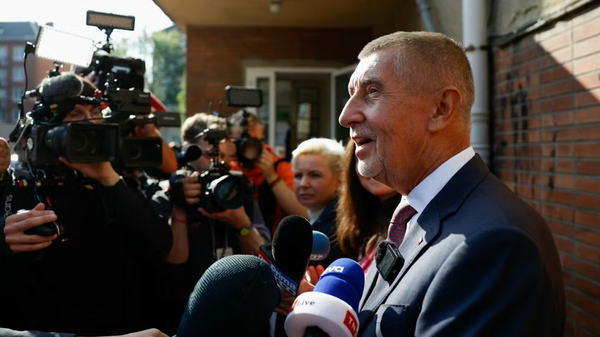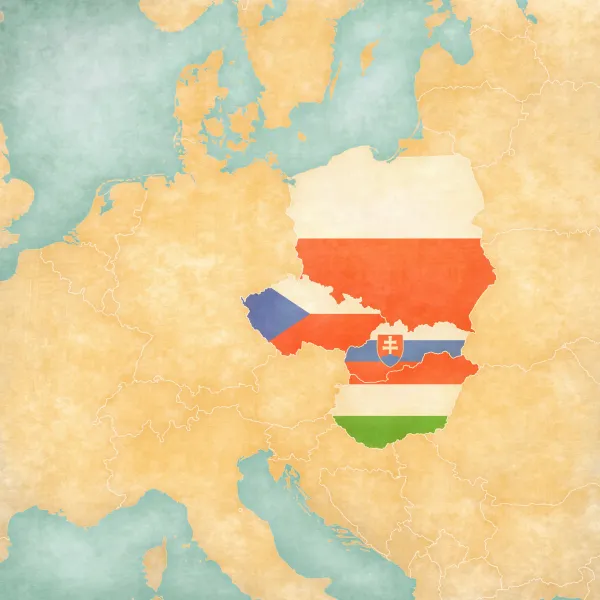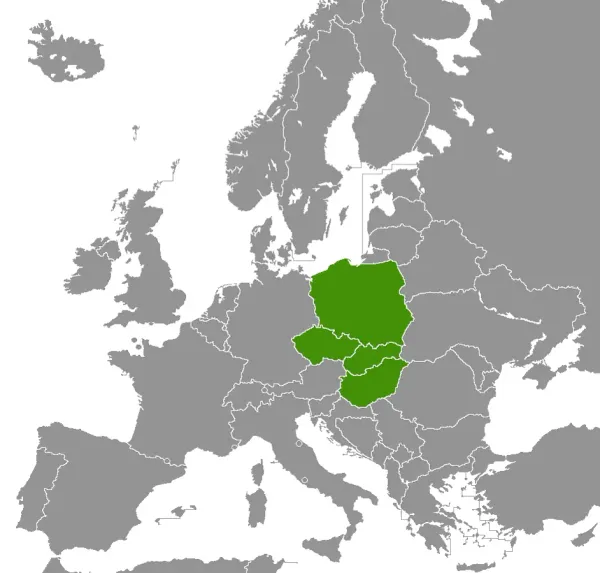
CEE narrowing e-commerce gap, research shows
Central and Eastern Europe (CEE) is making notable strides in the e-commerce arena, driven by increasing digital adoption and a burgeoning online market, according to a recent analysis by Polish IT solutions provider Exorigo Upos.
In 2023, CEE’s e-commerce penetration was 55%, lagging Western Europe’s 80%, underscoring the advanced stage of digital shopping in countries such as the UK, Germany, and France. However, CEE is rapidly closing the gap, Exorigo Upos writes, with significant improvements in internet access, smartphone usage, and local e-commerce platforms.
Online shopping grows 15% per year
CEE consumers are increasingly engaging in online shopping, though their spending habits differ from their Western counterparts. While Western European shoppers spend an average of EUR 85 per transaction, in CEE this figure is around EUR 55. This reflects not only economic differences but also varying consumer priorities. CEE shoppers show a stronger inclination towards electronics, which make up nearly 40% of their online purchases, compared to Western Europe’s focus on fashion, electronics, and home goods.
Over the last five years, CEE has experienced an annual growth rate of around 15% in online shopping, driven by expanding internet penetration and improving digital literacy, setting the stage for further market expansion, according to Exorigo Upos. CEE is also witnessing a rise in local e-commerce platforms that cater to diverse consumer needs.
Cash still king in CEE, compared to Western markets
Payment preferences in CEE highlight a different approach from Western Europe. While credit cards and digital wallets are popular further West, consumers in CEE frequently use cash on delivery and local e-payment systems such as Poland’s Blik.
Mobile shopping is also on the rise in Eastern Europe, with approximately 40% of online transactions made via mobile devices. This figure is growing as more consumers gain access to smartphones and mobile internet. Although CEE lags behind Western Europe, where around 60% of online transactions are mobile-based, growth in e-commerce is steady.
CEE youngsters driving online shopping, demographics more diverse in West
Demographics play a significant role in the e-commerce landscape of CEE, where the majority of online shoppers are aged 18-35, tech-savvy and dynamic in their purchasing habits. In contrast, Western Europe includes a more diverse age range, with a significant portion of elderly shoppers participating in online commerce.
Delivery expectations in CEE also reflect a different set of priorities. Consumers in the region are more price-sensitive and willing to accept longer delivery times for reduced shipping costs, while Western European consumers often demand faster and more reliable delivery services, including next-day options.
‘Younger generations have brought complete freedom to the shopping process‘
Exorigo Upos’s analysis highlights CEE’s growth drivers as rising smartphone usage, expanding internet access, and the development of local e-commerce platforms. However, barriers such as underdeveloped logistics networks and lower consumer trust in online transactions remain.
“The way consumers shop is changing,” said Marek Nowakowski, General Director of Exorigo-Upos Romania. “Younger generations have brought complete freedom to the shopping process, with no barriers between online and offline shopping. We see a clear trend for retailers to be present wherever their customers are, so social media is starting to play an increasingly important role.
“Retailers are starting to focus their strategies around the Shop Anywhere, Deliver Anywhere, Return Anywhere trend and are turning to omnichannel tactics and tools that can help them provide complete flexibility to their consumers,” Nowakowski added.
Exorigo-Upos, headquartered in Poland, is the largest service centre for payment terminals in Poland, holding a 40% market share, and operates subsidiaries in Romania, Czechia, Slovakia and Ukraine, as well as the UK and Australia.





